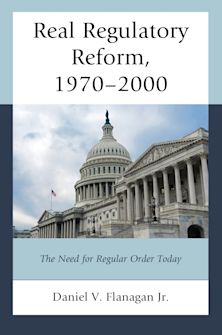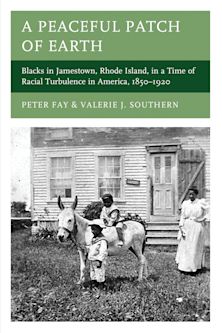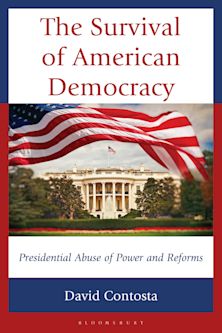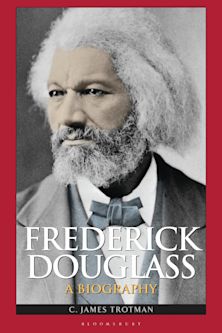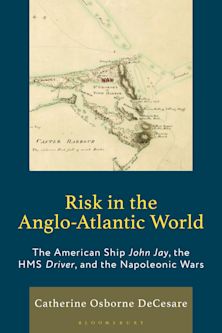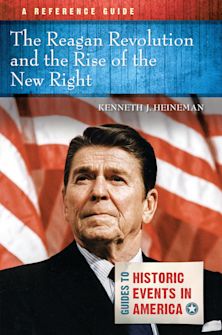- Home
- ACADEMIC
- History
- United States History
- Alexander Hamilton
You must sign in to add this item to your wishlist. Please sign in or create an account
Description
Of all of the Founding Fathers of the American republic none, with the possible exception of Thomas Jefferson, has evoked more passions and aroused more controversy than Alexander Hamilton. In this absorbing new biography, eminent historian Lawrence Kaplan examines Hamilton's conception of America's role in the world and the foreign policies that followed from his vision. Kaplan looks at how Hamilton acted upon his views in shaping the course of American foreign relations. The author provides a focused, accessible biography of Hamilton and a nuanced assessment of his impact on Federalist Era foreign policy. In the Jefferson-Jackson era Hamilton's persona as an elitist urban aristocrat condemned him as an enemy of an expanding democratic America-an Anglophile at a time when Great Britain was the major adversary. Such was his reputation as an enemy of the common man that his deep-seated opposition to the institution of slavery won little recognition from northern abolitionists. This book will fascinate readers with its insights into Hamilton and the formative years of the United States of America.
Table of Contents
Chapter 2 Chronology
Chapter 3 The Rise of a Wunderkind
Chapter 4 The War as Opportunity, 1775-1782
Chapter 5 Toward the Constitution, 1782-1789
Chapter 6 Secretary of the Treasury, 1789-1791
Chapter 7 To the Jay Treaty, 1790-1794
Chapter 8 Behind the Scenes, 1795-1798
Chapter 9 General Manque, 1798-1800
Chapter 10 Epilogue
Chapter 11 Bibliographical Essay
Chapter 12 Index
Product details
| Published | Jun 01 2002 |
|---|---|
| Format | Ebook (Epub & Mobi) |
| Edition | 1st |
| Extent | 198 |
| ISBN | 9780742569744 |
| Imprint | Rowman & Littlefield Publishers |
| Series | Biographies in American Foreign Policy |
| Publisher | Bloomsbury Publishing |
About the contributors
Reviews
-
A judiciously balanced account of a highly controversial subject.
Forrest McDonald, University of Alabama; author of We the People
-
This briskly written volume is an important contribution to the never-ending debate over early American foreign policy. Kaplan clearly demonstrates that while Alexander Hamilton revered British political institutions, this by no means meant that he was prepared to endorse or accept British policies. Like his great enemy, Thomas Jefferson, Hamilton believed that 'the survival and prosperity of the United States rested on independence from the great powers of Europe.' Kaplan by no means ignores Hamilton's flaws, but his analysis convincingly shows us that Hamilton was indeed an 'ambiguous anglophile.'
Bradford Perkins, University of Michigan
-
From Kaplan's years of scholarly immersion in the foreign policy of the early Republic comes a masterpiece of clarity and insight into one of its most controversial framers. Alexander Hamilton: Ambivalent Anglophile is a fresh and long-overdue appraisal that distills the insights of an eminent scholar. The dean of historians in his field, Kaplan has captured the essence of Hamilton's personality and place in the strife-torn issues of foreign policy.
Peter Hill, George Washington University












